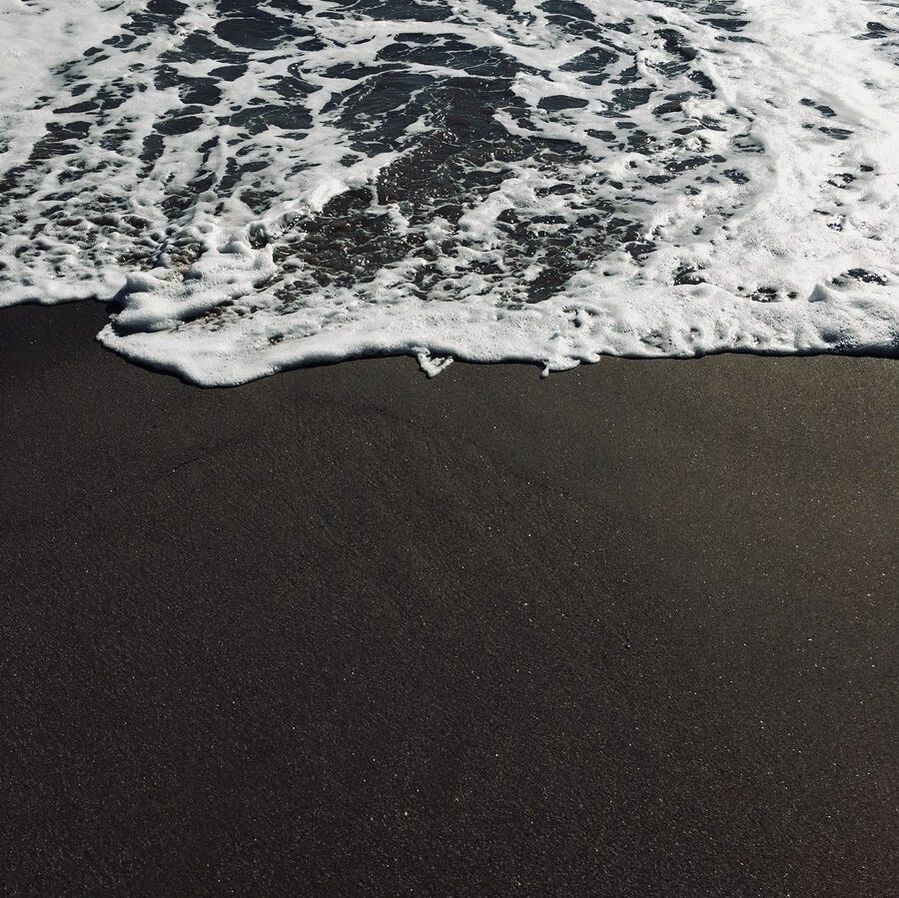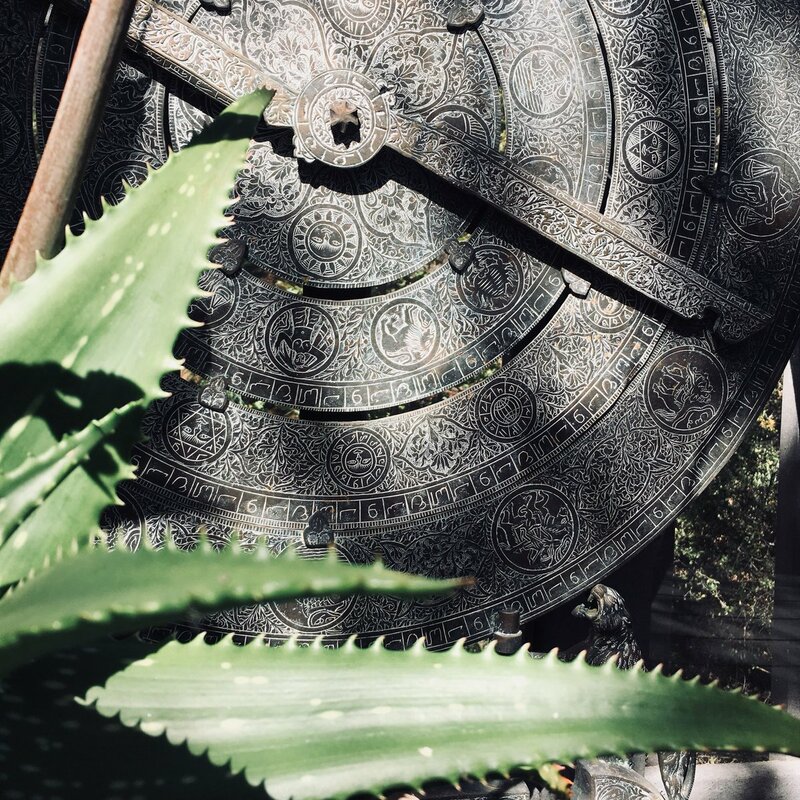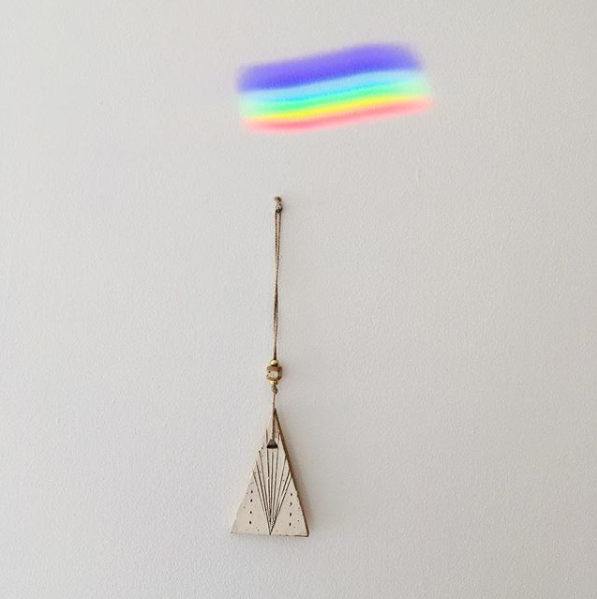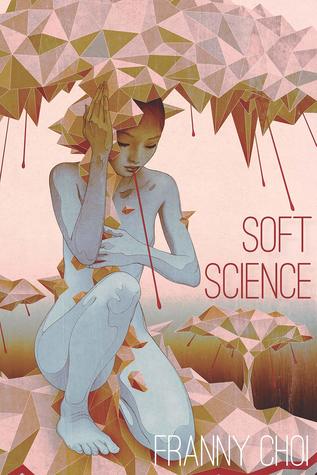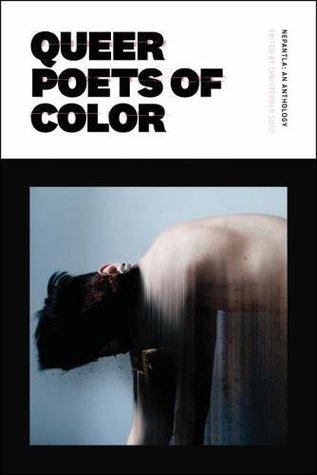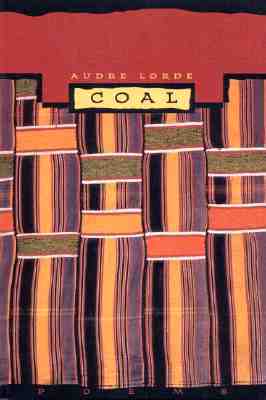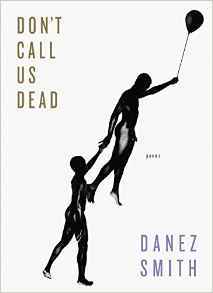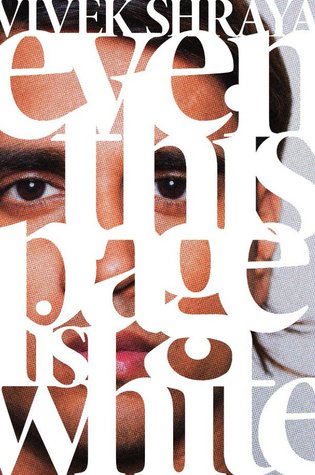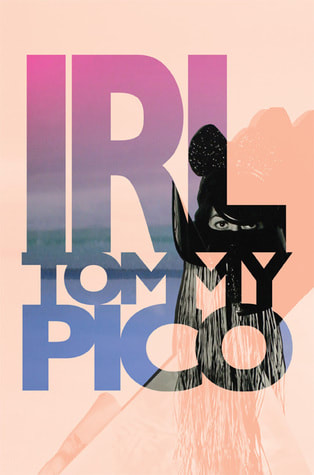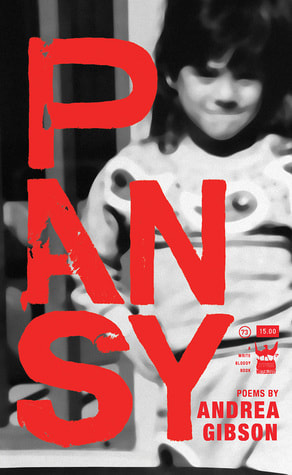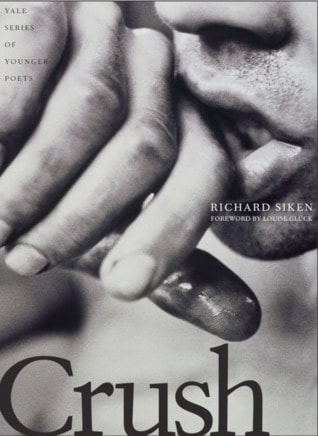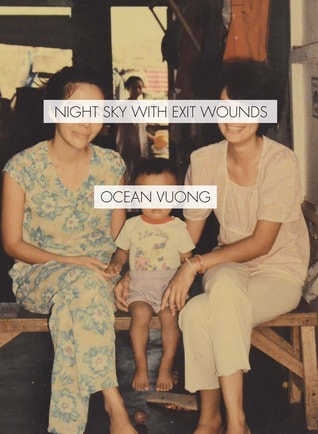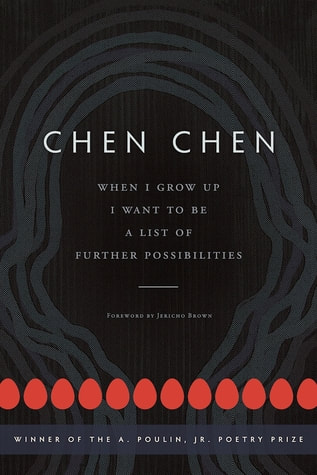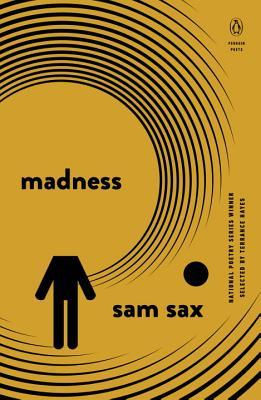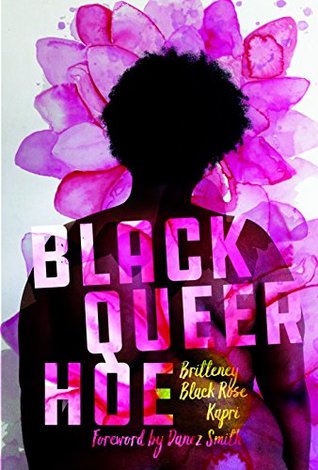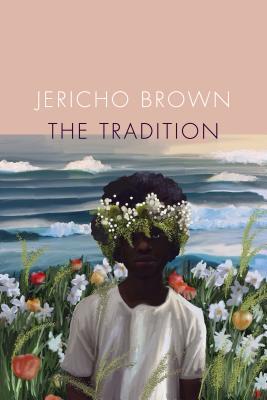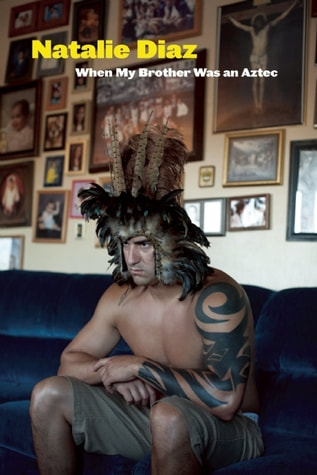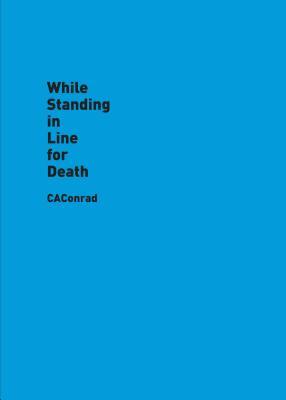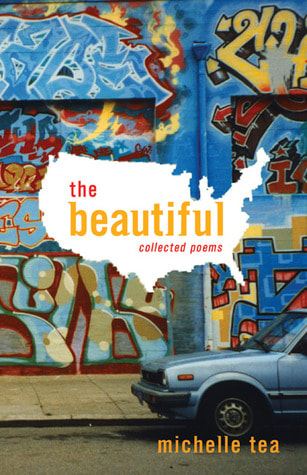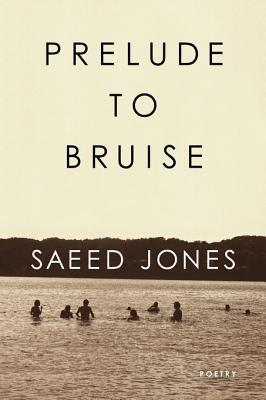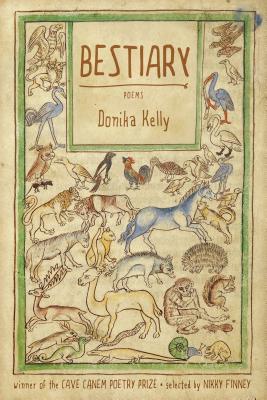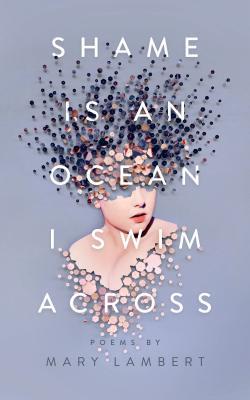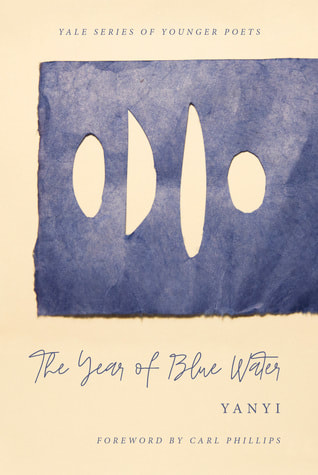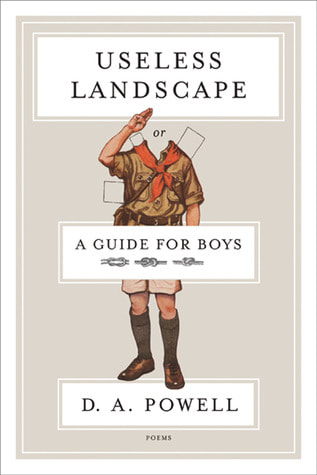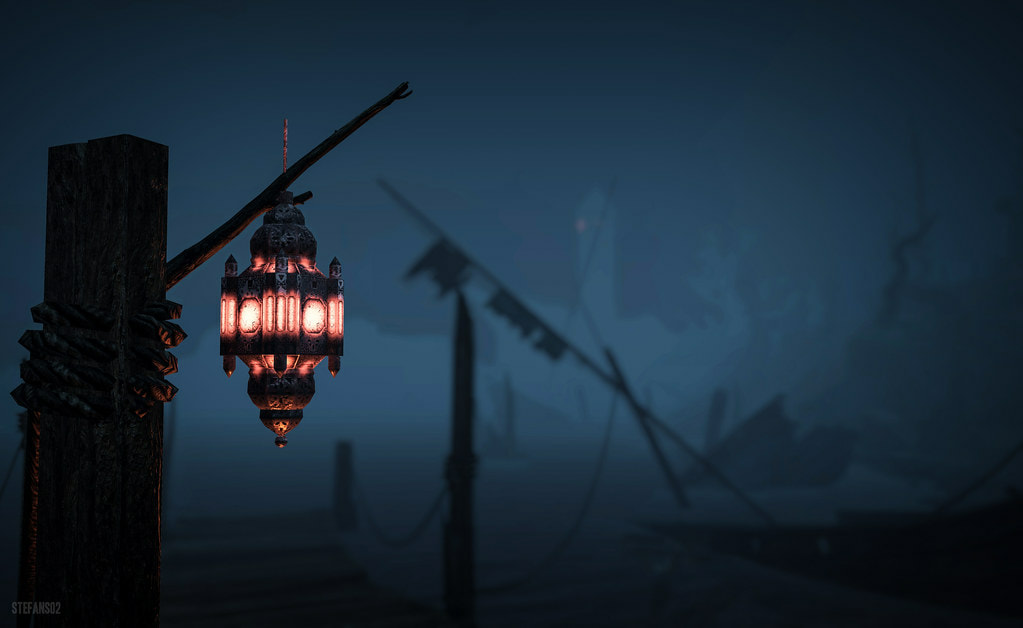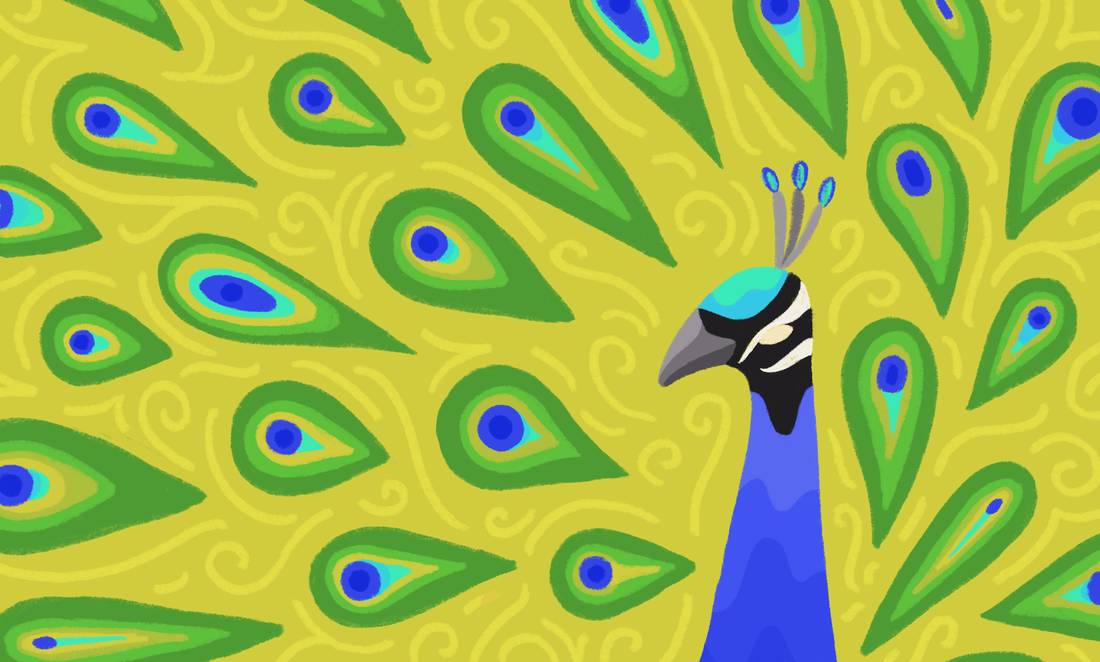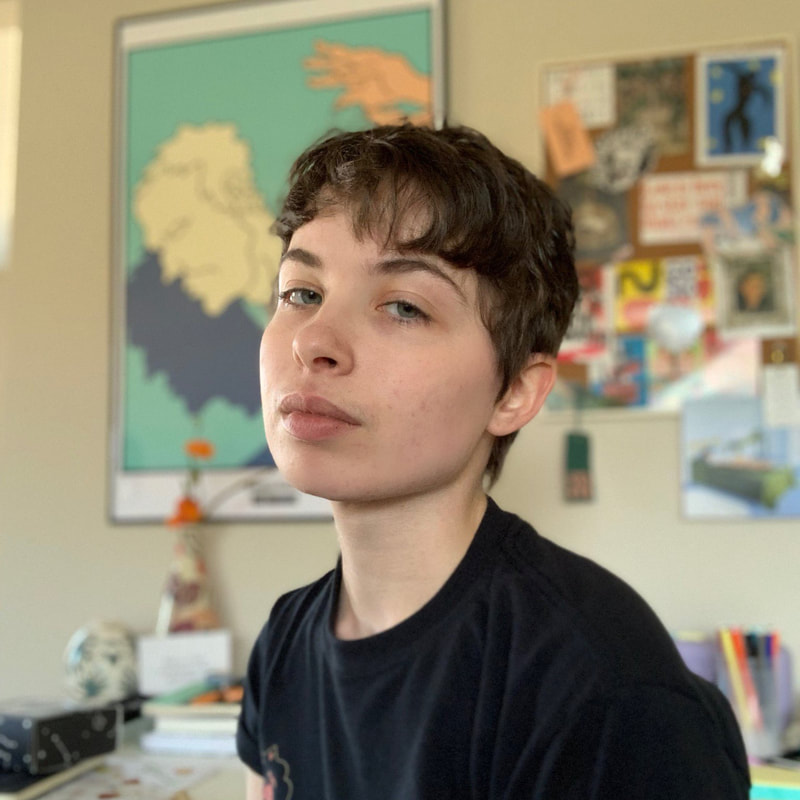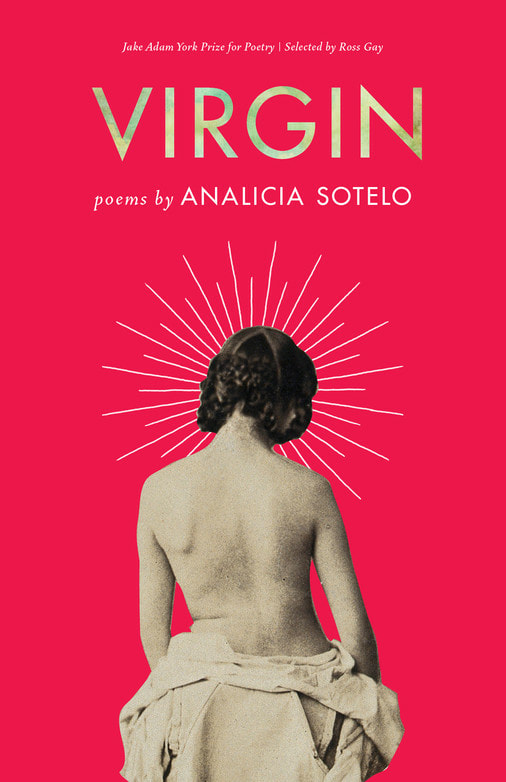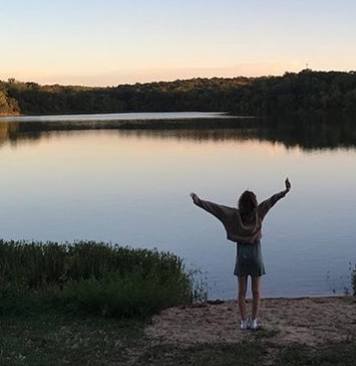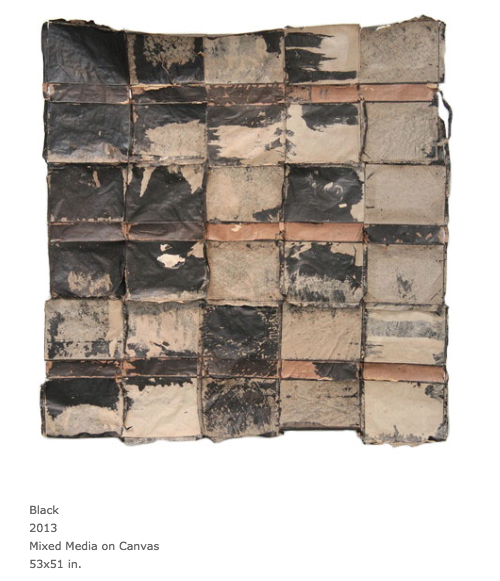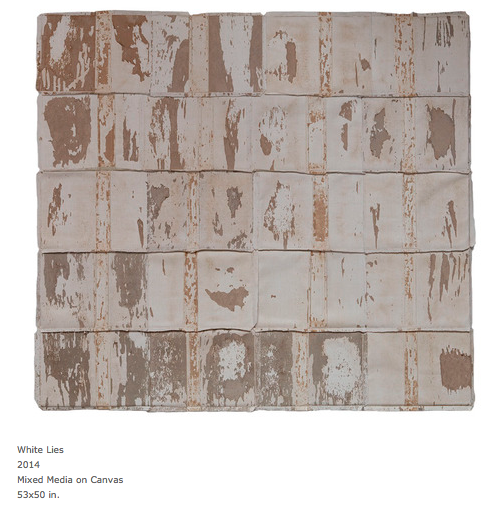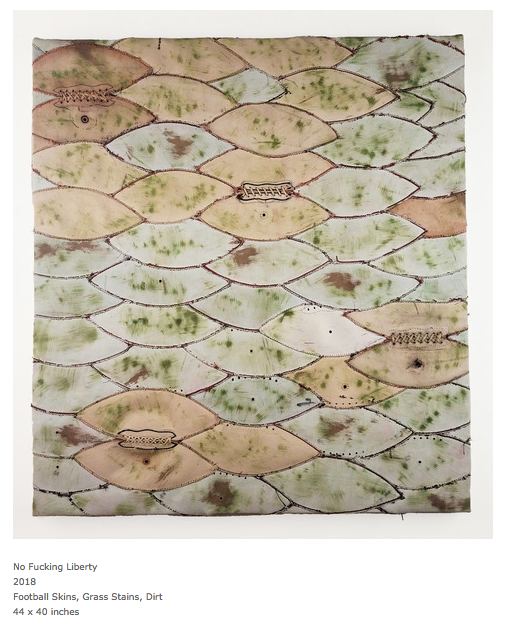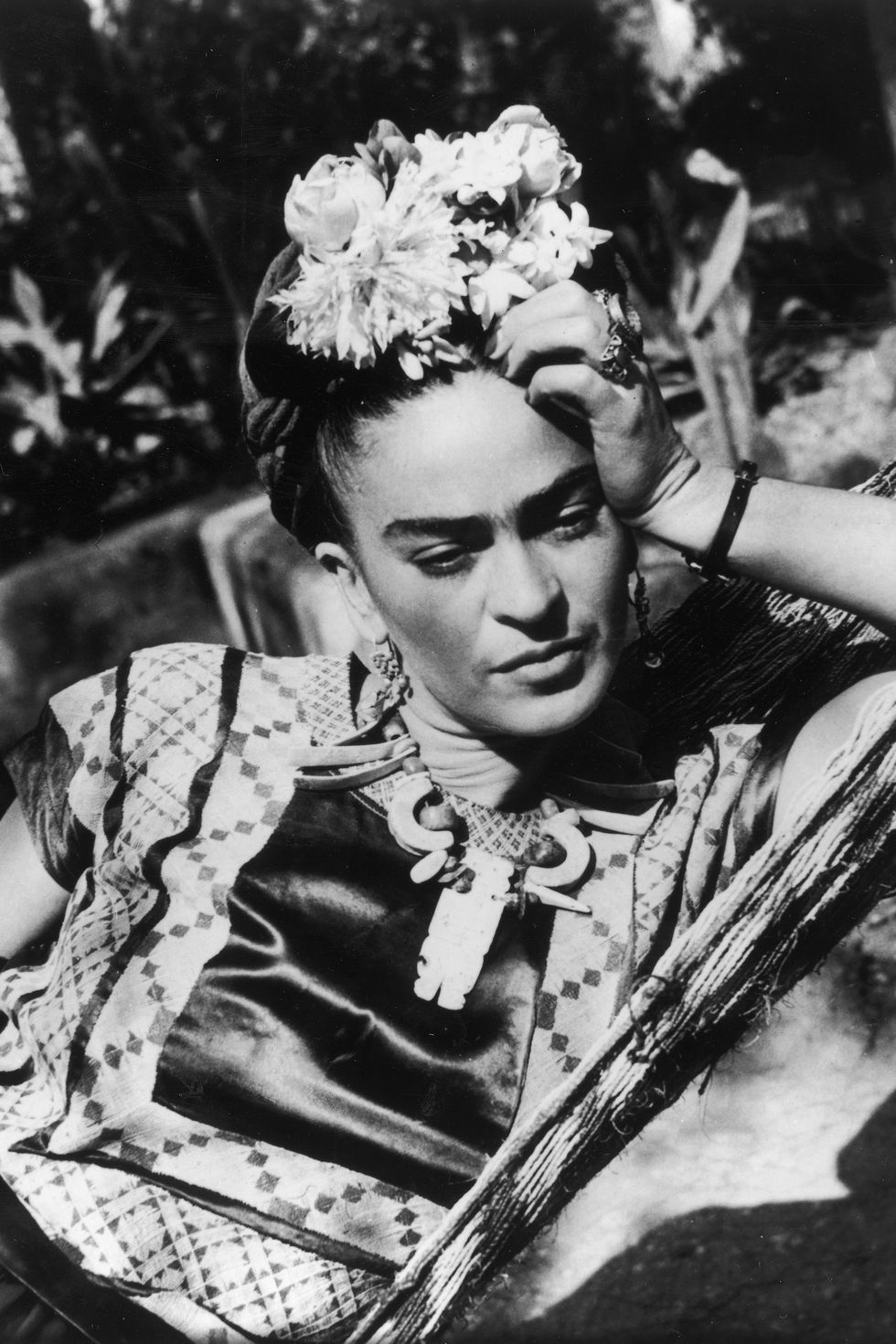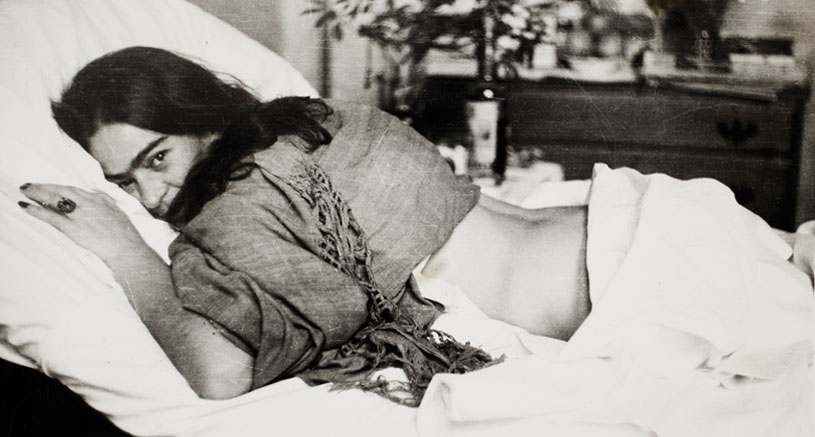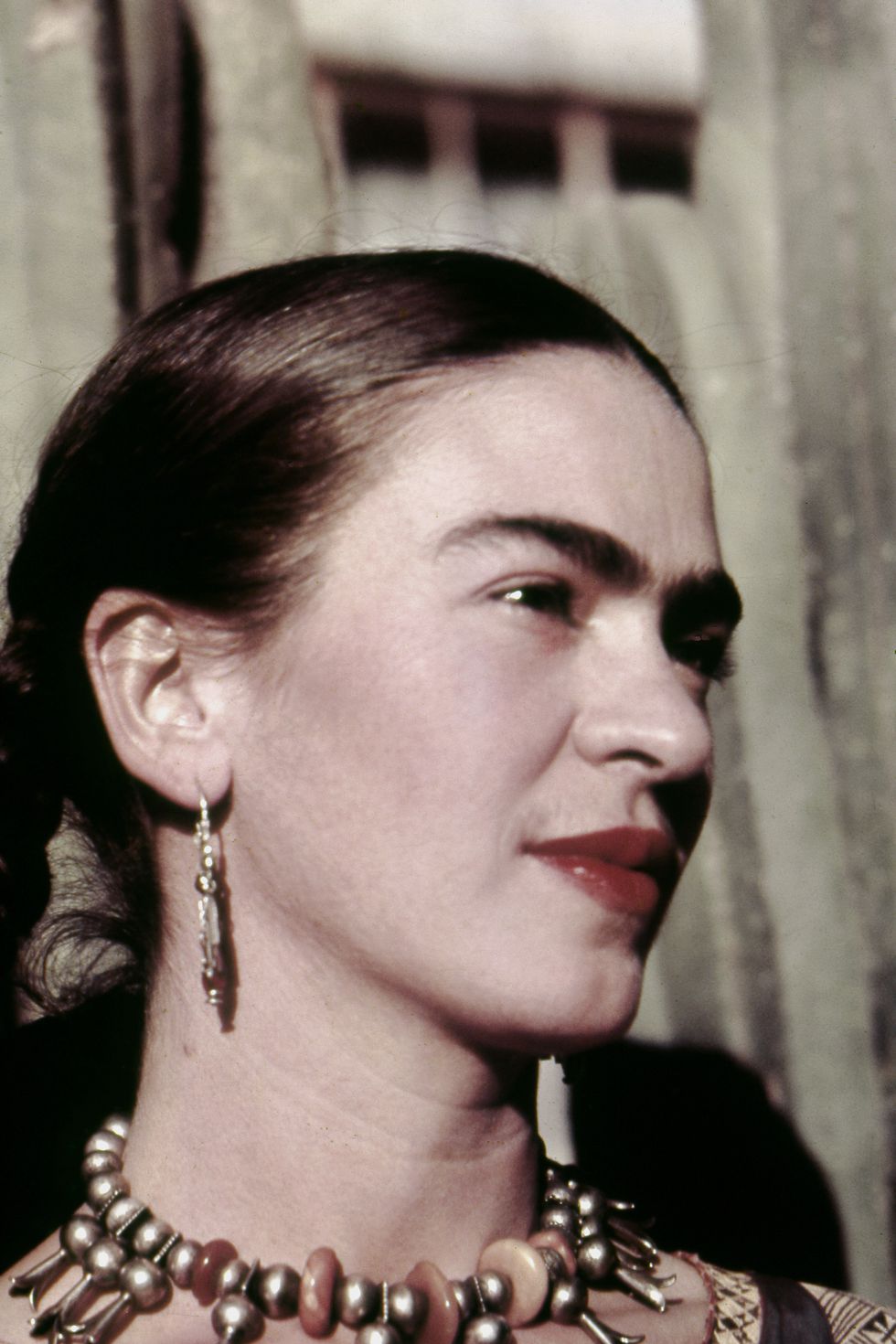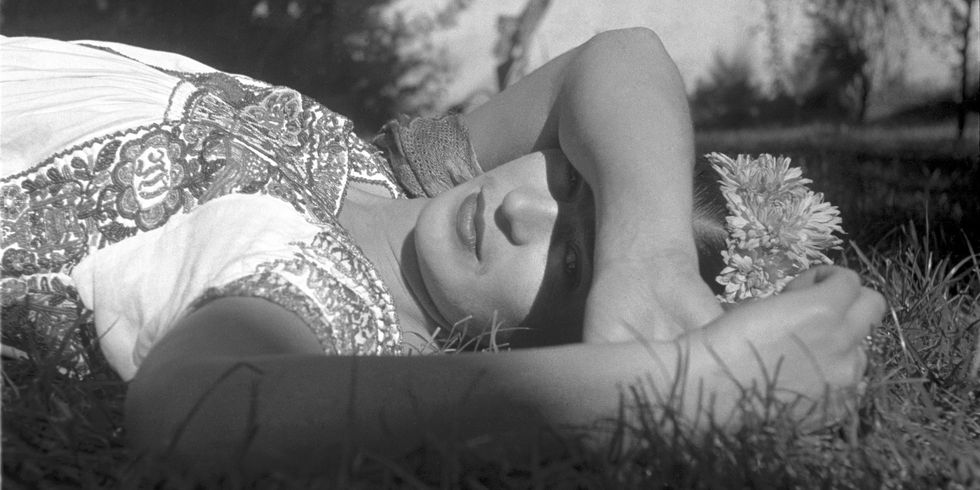|
It's no secret or surprise that canon is white, cis, and male, so I'm not even going to delve into this topic. All I'm going to say is that the canon does not have to be this way, because history has not been white, cis, and male, and if you'd like to sink into the diverse, magnificent world through books, it's wonderfully possible, especially armed with the resources below! Perhaps the most difficult part will be locating the following books, but I suggest requesting your library or local indie book store to purchase such books and writers, and using used bookstores, whether online or in person. Indiebound is also good, if you do not have access to such shops. feminizing the canonThe Second Shelf, a book shop and magazine, is an invaluable resource for not only rare or collectible books by women, but also discovering that women have been publishing high quality, notable work for a very, very long time. Not only this, but The Second Shelf is a woman owned business, so the purchase of a magazine helps both you and the lit world. While you wait on your magazine, peek into the Second Shelf Instagram. The Paris Review also has a brilliant series profiling underread women authors, called Feminize Your Canon. It makes my heart flutter. It's important for me to note that these resources are careful to be intersectional. creating trans canonNot all canon to embrace is historic. There are some voices that (as we know it) are only just being equipped to be heard and reached. RL Goldberg has written a great list for The Paris Review called Toward Creating a Trans Literary Canon. expanding the canonEnough of all this all-white canons. I recommend avoiding lists written by white folks, as our view of culture is vastly misrepresentative of reality. This is the whole problem. The Well Read Black Girl is an absolutely amazing resource for books by people of color, from people of color. Books by Native Americans is one of the most difficult tasks for me, but this list is a good start. queering the canonMove beyond Oscar Wilde with these titles and articles on and for queer theory and canon via Brown University, or this article via Advocate. for more...This is the most brief, incomplete guide one could possibly make, and I am okay with this. I so encourage you to do more research and collect lists as you read, you expand your view of the literary world, and thus people. An okay place to start is the list ALA has compiled of book, print, and media awards. You'll notice the lists contain backlist books, but it's important to remember that we are actively creating a new canon for generations beyond us. The books published today matter, and it matters that we read them. Be loud about the books you love. Tell us- and your friends, your coworkers, the social media void- about what you're reading. Happy exploring,
m
0 Comments
heya dear lovelies, this month marks 50 years since the stonewall riots, an occurrence reminding us that queer folks had to literally fight to be seen, acknowledged, and gain human rights. one need only glance at the states of politics and churches to know the fight has not ended. this month, to pay homage to queer artists, i encourage you to do something small every day, to listen or to see a queer person. one opportunity is included here: read a poem every day, written by someone in the LGBTQ+ community. this would be a lovely challenge to complete alongside nadine's 30 day challenge. as we hear others, it is healthy to process our own feelings on gender and love, regardless of our orientations. following are a handful of queer poets and their books to start you off in exploration... but not to worry- i will check in throughout the month to give you 30 poems to read. happy wandering, m
and a couple more...Howl by Allen Ginsberg
Voyage of the Sable Venus by Robin Coste Lewis Conflict Resolution for Holy Beings by Joy Harjo How to Love a Country by Richard Blanco Lessons on Explusion by Erika L. Sanchez Wind is the Wind by Carl Phillps We're On by June Jordan Upstream by Mary Oliver Afterglow (a Dog Memoir) by Eileen Myles you're a genius all the timeby Jack Kerouac 1. Scribbled secret notebooks, and wild typewritten pages, for yr own joy
2. Submissive to everything, open, listening 3. Try never get drunk outside yr own house 4. Be in love with yr life 5. Something that you feel will find its own form 6. Be crazy dumbsaint of the mind 7. Blow as deep as you want to blow 8. Write what you want bottomless from bottom of the mind 9. The unspeakable visions of the individual 10. No time for poetry but exactly what is 11. Visionary tics shivering in the chest 12. In tranced fixation dreaming upon object before you 13. Remove literary, grammatical and syntactical inhibition 14. Like Proust be an old teahead of time 15. Telling the true story of the world in interior monolog 16. The jewel center of interest is the eye within the eye 17. Write in recollection and amazement for yourself 18. Work from pithy middle eye out, swimming in language sea 19. Accept loss forever 20. Believe in the holy contour of life 21. Struggle to sketch the flow that already exists intact in mind 22. Dont think of words when you stop but to see picture better 23. Keep track of every day the date emblazoned in yr morning 24. No fear or shame in the dignity of yr experience, language & knowledge 25. Write for the world to read and see yr exact pictures of it 26. Bookmovie is the movie in words, the visual American form 27. In praise of Character in the Bleak inhuman Loneliness 28. Composing wild, undisciplined, pure, coming in from under, crazier the better 29. You’re a Genius all the time 30. Writer-Director of Earthly movies Sponsored & Angeled in Heaven "to expect too much is to have a sentimental view of life and this is a softness that ends in bitterness." -flannery o'conner allow me to set the scene: the year is 2013, i am a mousy, bookish sixteen-going-on-seventeen year old, and i have just started my senior year of high school, which would be my last year of catholic education (i had attended catholic schools all my life). i walk into my sixth period class, which, i believe, was called “christian existence” (preceded by morality in 11th grade, church history in 10th, and scripture in 9th), and quickly take my seat in the front row. i laze through the class prayer and christian music video that my teacher liked to start class with (she always turned the lights off, and it was always so hot in that classroom) and take my books out. in class we were reading the book letters to a young catholic (which, for the record, i don’t necessarily recommend. just want to be as accurate as i can!), and i flip the book open to the page number written on the board to find out that today, we are reading about another mousy, bookish young person. her name was flannery o’connor. the portion of ltayc dedicated to o’connor discussed her work as a great catholic apologist, which put her in ranks with the apostle paul and st. augustine of hippo. the book included a snippet from her posthumous collection of letters called the habit of being where o’connor recounts a discussion about the eucharist with novelist mary mccarthy at a dinner party. this occurred when flannery was still a young novelist at the beginning of her career, and mccarthy (who was more than ten years older than o’connor) had already released the company she keeps (a succès de scandale, but a succès nevertheless), was awarded a guggenheim fellowship, and had a career as a critic). i would try to give you the gist of the exchange, but no one says it better than flannery herself: Well, toward morning the conversation turned on the Eucharist, which I, being the Catholic, was obviously supposed to defend. [Mary McCarthy] said when she was a child and received the Host, she thought of it as the Holy Ghost, He being the 'most portable' person of the Trinity; now she thought of it as a symbol and implied that it was a pretty good one. I then said, in a very shaky voice, 'Well, if it's a symbol, to hell with it.’ my fascination with o’connor started in that class, with that quote. o’connor had been quiet all dinner, conscious of the reputation she had to keep and i’m sure she wanted to impress mccarthy. but when the subject of something she was passionate about came up, nothing could stop her sharp tongue. i long for a passion like that in my life. soon after this afternoon in christian existence, i read my first flannery o’connor short story, “a good man is hard to find,” the essential o’connor. there’s even a sufjan stevens song based on it. i was shocked, and the fascination increased exponentially. have you read it? it’s merciless. she does not hold back. i almost couldn’t believe it was written by the same woman who had spoken up only to defend the eucharist. to borrow from whitman: she is large, she contains multitudes. if you’re unfamiliar with o’connor’s work, allow me to write quick summaries of a few stories: entire family murdered by a band of thieves (“a good man is hard to find”); a child witnesses a baptism in a river and thinks it looks like fun, drowns (“the river”); a man spends a bus ride thinking of ways to mess with his racist mom, only for her to die the minute they get off the bus (“everything that rises must converge”); a polish refugee turned southern farm hand is run over by a tractor driven by a man who’s wife just died of a stroke (“the displaced person”); a civil war veteran dies on stage at his granddaughter’s college graduation (“a late encounter with the enemy”). do you see the pattern here? (these descriptions barely give the stories justice, please read her words.) a little while ago i was reading patricia lockwood’s memoir priestdaddy, and in it i read an incredible quote about o’connor that i had not thought of. lockwood wrote, All the while I walked more than ever. I walked past Flannery O’Connor’s house and I thought about her grotesques and her misfortunates, and I wondered, as I always did, where the mercy was located in her stories. They seemed so pitiless, as pitiless as reality, but somehow the mercy was there. Suddenly I thought, “It is located in us, it is external, she shows us the sores of the world and we are filled with a great raw feeling for them.” i was struck by the truthfulness of this. o’connor was a catholic, and chose to write about the tragedies of life as an exercise in empathy. maybe to make the reader say, this is bad, my life is not this bad, i should be kinder, etcetera. say what you want about the catholic church, but it was built on teachings of service to others, and to an extent, empathy is necessary for good service. we read about these trials and maybe, we go through our lives viewing the world as an unforgiving place, and we help each other through it. however, the mercilessness and the grotesqueries are still there. i hope i stretched well because i am now going to reach really, really far. have you read the book a little life? if you have, good, you’ll be in the loop. if you haven’t…whatever you do, don’t read the wikipedia plot summary, please. i’m being so serious. maybe read the book, maybe don’t; i’ll try to give a spoilerless recount. anyway, there is a lot of mercilessness in a little life. the main character, jude st. francis, faces trial after tribulation until the book ends exactly the way you think it’s going to. but i want to focus on one specific piece of mercilessness that may get overlooked in discussions surrounding all. about 100 pages from the end of the book, something significant happens, and jude is sent into the final despair of the novel. downward spiral doesn’t really describe it, because it wasn’t really a spiral. (sorry the writing here is so clunky but i am trying hard to not spoil anything because this isn’t even a piece about a little life.) but part of this fall included a little lawsuit. i say little because it’s barely mentioned, but if you had been on the other end of this lawsuit, it would really be anything but little. Jude decides to sue everyone even slightly related to the…er…incident. it is explicitly stated that he wants the lawsuit to ruin the people involved. he doesn’t care at all that the truck driver has a sick kid at home. it’s a very take them for all they’ve got scenario. this is not really a unique reaction for jude that only happens because he is angry and upset, another detail that gets overlooked is jude’s job as a litigator for a law firm that represents basically the devils incarnates (iirc, they rep. big pharma, banks, stuff like that).
i think that jude was a character who was used to having his power stripped away from him. there were what i could only describe as atrocities commited against him. i think, that however disagreeable, being ruthless within his profession was an attempt to be in control of someone else’s life. and now time for me to make my point. flannery o’connor was diagonsed with lupus by the time she was twenty seven, in 1952. around this time, she published her fist novel, wise blood. over the following years, she made over sixty appearances to lecture and read her works, as well as published a good man is hard to find and the violent bear it away. aside from occasionally lecturing, her daily life was harshly impacted by the lupus. i once read that her days consisted of attending mass, writing, and then reading and recuperating from both her illness and the steroids used to treat lupus. i wonder (and hope since i just wrote all of this and am saying it…) if a comparison can be made between the terror written into o’connor’s stories and the ruthlessness jude has in his professional life. when you are feeling hopeless, do you not look for some kind of control anywhere you can get it? is it cruel for me to suggest that after losing power over her own life and body, flannery o’connor sought some solace in writing mystical grotesqueries? this is bad, my life is not this bad. on the very last page of a little life, harold (jude’s adopted father) states, “and so i try to be kind to everything i see, and in everything i see, i see him.” i think this is how we should walk away from flannery o’connor’s words. she wants us to understand that in so many ways, the world is not our place, it was not made for us, and no matter how hard we try, sometimes it can only end badly. things that seem good can fool us, and things are good are always fleeting, and everyone is always a few steps behind. read her words and do not be afraid to enter the hostile world we have come to call home. treat people as well as you can and despite the risks, help those in need and always be kind. good men (“man” in the sense of all people) are hard to find, but they are out there and maybe humankind is worth it. if i may offer one firm piece of advice it would be to always check baskets for smuggled cats, and don’t turn down that dirt road, because your mother was thinking of tennessee, not georgia. xo. gray [this post was originally posted on my blog... i think about this one often, lovingly.] It’s eighty-two degrees and I sit on sun drenched concrete, hot pink book in hand, pebble- small crimson strawberries staining my left hand and right knee. Suddenly, a fluttery brown butterfly wiggles between my thigh and the ground, crouching against my skin. I shriek- being the put together young person i am- and then quiet, carefully shifting to stare at this beautiful thing that has chosen me to rest against. It flutters upwards too quickly, shooting straight into my neck where its wings rustle kisses much too softly against the most intimate sections of my neck. I shriek and wave my arms again- because yes, I am peaceful and one with the universe, experiencing every little girl’s dream of cupping a butterfly, though definitely not in the proper place- and scream the line of poetry I had just read moments ago: the butterfly, “she was floating like a lost brain cell!!!” The line is all too simple and visual and connotative. Yes. I know who this is. I can use this. Good poetry feels like that: stunningly familiar and sensible, yet so perfectly said that it must be filed away for future reference. Analicia Sotelo’s Virgin is so: lush, surprising, and yet all too familiar. Sotelo explores the feminine, specifically the bittersweet single girl in all her conflicted, tired-of-your-bullshit, loving, hungry, reliable complexity. The first sections of the book, aptly named TASTE and REVELATION, root themselves in this girl and her perspective. From an emotional distance, she observes those surrounding her from within their midst at summer barbecues or late night kitchens. Here, there is desire for love and satisfaction, intertwined with innocence, hesitation, memory of her Texas home, and personal myth. This is exactly how the entire book is constructed; though we depart from our single girl and travel backwards, we remain rooted within her multi-faceted identity. Sotelo paints portraits for her reader, embracing lush and surprisingly logical imagery and metaphor. Such metaphors are not simple and there for the poetics. Instead, the metaphors are reflections of the scene in which it stands, to convey not only a person and their feelings and desires, but also to deepen the setting itself. A strong example of this follows, as our single young woman drifts through a summer potluck. Metaphors reflect her resentful boredom, and her desire for true emotional and physical intimacy. “I’m a radish tonight, for everyone has been flowering with careful hellos and it’s made me red and pungent, made me sick of potluck drinking under the stars with the weeds, brushing their blond hair against my ankles, sick of the clear buttons of sweat on their skin and their salty arguments about who’s best at breathing…” (Expiration Date, 11) All metaphor in Virgin is effortlessly intentional, and stunning. After observing and interacting with men who can’t quite satisfy, the reader is led down the hallway of doors, first to revisit past traumas, revealing how exactly we arrived in this single female body. Sotelo is thoughtful; she does not write with blame or bitterness. Instead, she gingerly examines all angles, including, yes, toxic men, but also, relational complications-“In this the twenty first century / where men still love girls, but rarely admit it, / and history binds you to your signature” (29)- and emotional unavailability- “the place, like me, had its visitation days” (48). We continue to slowly backwards through time, stumbling home to a childhood with a father drifting in and out of view. Slowly, we understand the first sections from within the lens of the girl’s roots; a girl is a history: “I am my mother’s daughter. / I am not afraid to go back in time” (42). A girl is a myth. The concept of virginity is slightly questionable, placing value in a touch or experience which is often so very complex and personal. In one realm, all value is given to the virgin, while in other worlds, “when they said Virgin, they meant Version we’ve left behind” (23). So is this a virgin: A myth? In a sense, yes. The book follows every myth revolving ’round the heart: the myth of who she has been: “People think I’m sweet… look now: my heart // is a fist of barbed wire” (8, 18). The myth of the identity of who she had thought she wanted: “so / many people are tender from the right angle” (8). The myth of unreachable fathers. The urban legends behind artists like Frieda Kahlo. The traditional myths, rooted in Ariadne and Theseus. Virgin is, at its core, a book of myth. The book closes softly, a reflection of every poem and girl portrayed. It is neither sad, nor joyful. Perhaps we fall within our single girl, weighed down with disappointment, building a sort of beautiful funeral pyre, looking for meaning in the rising smoke. Her bed is an island, her dreams are a breakthrough, each vessel finds the pia mater, sends her to the beach to collect their driftwood. Burn it. This is how I find you. In short, beautiful. Onto my wishlist it goes. Rarely do I find a book of poetry that so seamlessly connects all of its individual pieces into a complex, reflective narrative. I am impressed, and intrigued by this gorgeous book. namaste,
m Samuel Levi Jones literally deconstructs history, delegitimizing white supremacist knowledge bases. Did you know, Martin Luther King Jr. was not included in the Britanica Encyclopedia until 13 years after his assassination, despite new editions printing annually. Yet then, he was only included under African American. Jones rips them apart. Turns them inside out. Reframes power. Hangs them on the wall. Find his portfolio here.
❝I used to think I was the strangest person in the world, but then I thought there are so many people in the world. There must be someone like me who feels bizarre and flawed in the same ways I do. I would imagine her and imagine she must be thinking of me too. Well I hope that if you’re out there and are reading this and know that yes, it’s true, I’m here and I’m just as strange as you. ❝And when god comes for you |
the cluba small collective dedicated to personal, creative, and communal growths. Archives
January 2021
Categories
All
|
